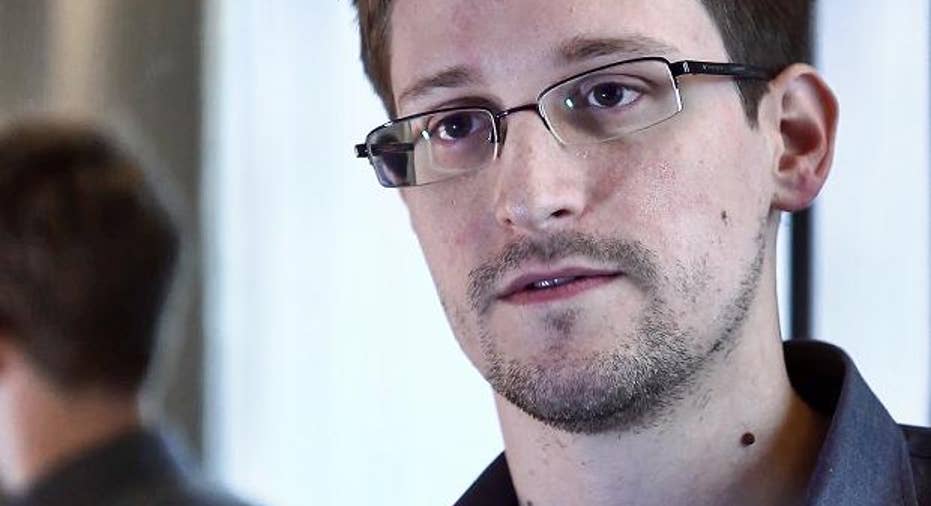Meet the ‘Snowden Phone’ for Privacy-Phobes

National Security Agency leaker Edward Snowden has inspired a new phone.
The PrivacyPhone, also known as the “Snowden Phone,” is being sold by FreedomPop, a self-described “new wave” telecom company, and is a Samsung Galaxy S2 made into a call and data encrypting smartphone. It secures voice mail, calls, texts and web browsing history. You can even purchase it with Bitcoin if you want to conceal your identity even further.
The phone retails for $189 with unlimited voice and text, with 50 MB of data for the first three months, and then $10 per month after that, according to FreedomPop CEO Steven Stokols.
Stokols says the phone launched Wednesday, and sales climbed into the thousands within the first few hours. The company expects to sell tens of thousands of phones by the end of the day.
“The intention is to bring private options to people; it’s an affordable option,” he says.
Stokols acknowledges that the phone could be used to help criminals since it is non-traceable, but says that is not the company’s intention.
“With any new technology, it’s open to abuse, just like social media,” he says. “We are aware, and that is not the intention. Hopefully people use it for their own privacy and not to be breaking the law.”
Michael Sutton, vice president of security research at cloud computing company Zscaler, says FreedomPop is hardly the first to jump on the privacy bandwagon. Boeing (NYSE:BA) recently unveiled a self-destructing smartphone, and the Blackphone, which allows users to make encrypted phone calls, debuted at Mobile World Congress last week--although both are at much higher price points.
Sutton doesn’t expect FreedomPop’s offering to become mainstream anytime soon. “This is an older, refurbished phone—a Galaxy S2, which is several years old at this point. You also can’t update it with the latest operating system, so it won’t gain mass popularity due to these restrictions.”
He says those that do purchase the phone likely value privacy over freedom and flexibility. “I think it’s interesting you can buy it in Bitcoin and also can request that your number be changed as often as possible.”
Stokols says nearly 40% of the “thousands” who had purchased the PrivacyPhone this morning used Bitcoin, while about 50% used traditional credit cards. The company is looking at other alternative digital currency options, he says, after last week’s Mt. Gox meltdown, in which the Bitcoin exchange lost $500 million in digital currency virtually overnight and filed for bankruptcy protection on Friday.
“There’s other traction in the space, but it’s all really expensive,” he says. “The market is small, and we priced it accordingly.”



















